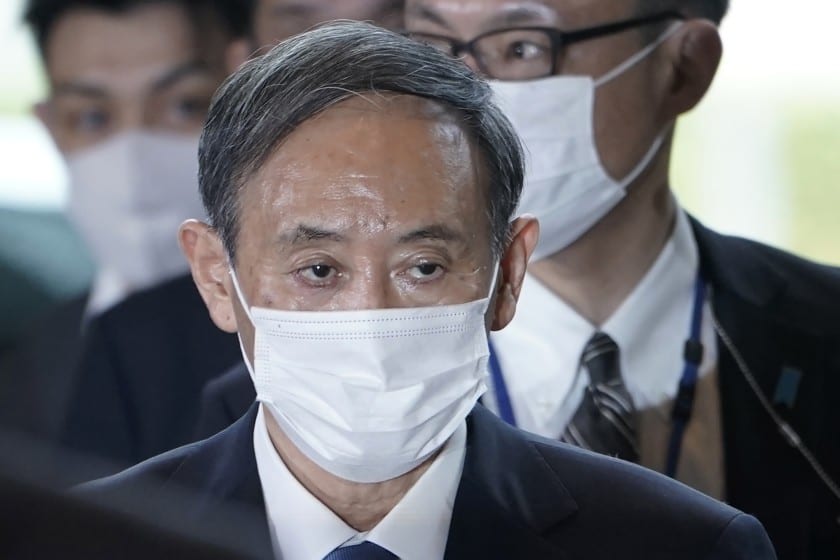State of emergency declared in greater Tokyo area as record number of new COVID-19 cases sparking fears Japan’s hospitals will be overwhelmed
The greater Tokyo area reported a record 2,447 new COVID-19 infections today, up from 1,591 on Wednesday, while Japanese media reported nationwide new coronavirus case count of over 7,000, also an all-time high.
The spike in COVID-19 infections prompted Japanese government authorities to declared a state of emergency in the greater Tokyo area.
Japan’s prime minister, Yoshihide Suga, who made the announcement of the state of emergency, had come under intense pressure from his own health experts to take action, as the country battles a third wave of COVID-19 infections far more serious than those seen earlier in the coronavirus pandemic.
“The situation has become increasingly troubling nationwide and we have a strong sense of crisis,” Suga said as he announced the new restrictions, which go into effect on Friday. “We fear that the nationwide, rapid spread of the coronavirus is having a big impact on people’s lives and the economy.”
Tokyo reported a record 2,447 new infections on Thursday, up from 1,591 on Wednesday, while media reports cited a nationwide caseload of more than 7,000, also an all-time high.
“Every day we are seeing record numbers of infections. We have a very serious sense of crisis,” said Yasutoshi Nishimura, the minister responsible for Japan’s pandemic response.
The measures, which will be in place for a month – but possibly longer – will be less strict than lockdowns seen in other countries, and unlike during Japan’s first state of emergency in the spring, schools and non-essential businesses will not be asked to close.
Gyms, department stores and entertainment facilities will be asked to shorten their opening hours.
An estimated 150,000 bars and restaurants in Tokyo and the three neighbouring prefectures of Kanagawa, Chiba and Saitama – which together account for about 30% of the country’s population of 126 million – will be asked to stop serving alcohol at 7pm and to close an hour later. People will be encouraged to avoid non-essential outings after 8pm.
Companies will be asked to step up remote working provision with the aim of reducing commuter traffic by 70%.




